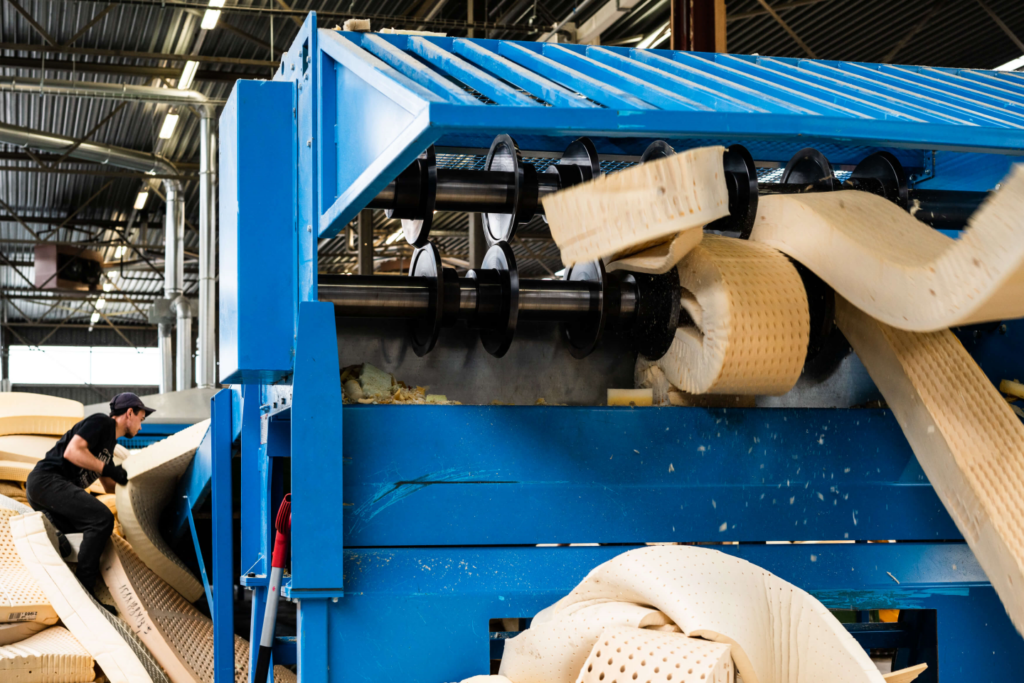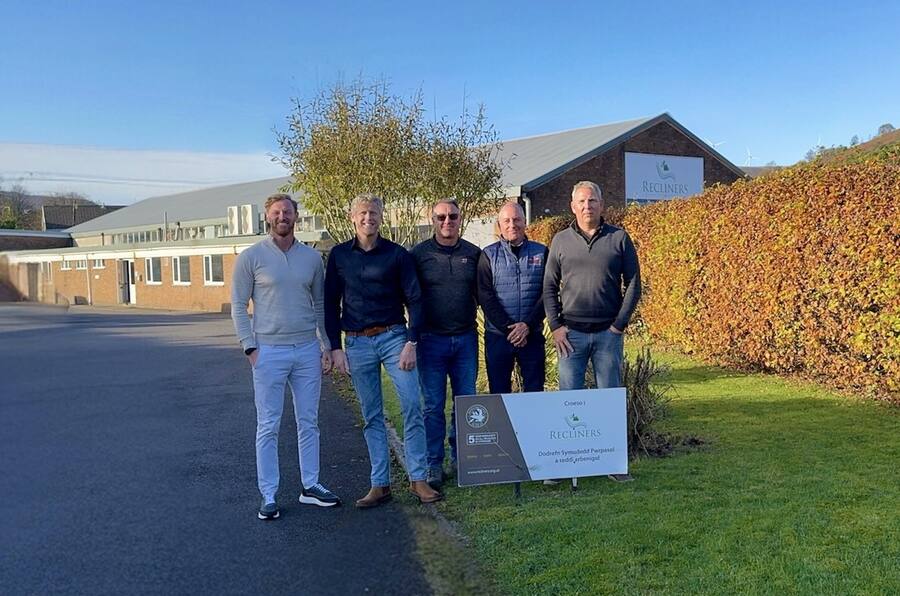The circular transformation that many companies are already committed to will rely on increasing levels of recycled materials. A new white paper published in collaboration with Ingka Group, together with Ikano Group, BCG, and international insurance companies Swiss Re and AXA, highlights an obstacle to this process.
An industry with a critical role to play in achieving a circular economy is the recycling business. However, the recycling business is difficult to insure, which could threaten the industry’s growth in the future.
As the paper ‘What goes around comes around: insuring the recycling economy’ explains, the recycling industry has traditionally had a poor record with fire hazards, given the nature of the materials it works with. These large losses have resulted in limited insurance coverage and high premiums for recyclers.
The paper explores the role the insurance industry needs to play in providing more support to companies, ultimately aiming to lead to industry-wide changes, support business and new companies’ circular transformation.
The report outlines the challenges being faced by recycling companies as many large corporations are now starting to focus on the recycling sector, where they are seeking to achieve sustainability goals through commitments to circularity and investments in the industry. But growth in recycling capacity, both to protect investors and operating companies, requires sufficient insurance cover, including property insurance and business interruption cover. Acquiring such insurance in the sector has historically not always been easy, with complaints of too high premiums.
As part of its climate commitments, IKEA is committed to becoming a circular business by 2030 and it wants to play its part in making the circular economy a reality. IKEA aims to design all products with circular capabilities from the very beginning to be reused, refurbished, remanufactured, and eventually recycled, by applying circular product design principles in the product development process. It aims to use only renewable or recycled materials by adapting, finding new sources, and developing new materials.
As the largest IKEA retailer, Ingka Group is exploring how it can best contribute to this shift, including enabling its customers to take part in more circular practices, and collaborating with stakeholders, including government policy makers to support policies that promote the transition to a circular economy, where the ambition is that resources are continually reused, regenerated, and eventually recycled.
Per Stolz, Ingka’s Circular Specialist who collaborated on the report on behalf of Ingka Group, said: “The recycling industry will help the transition from linear to circular operation models by providing recycled materials, decreasing dependence on virgin materials. Many large companies, including IKEA, have committed to ambitious circularity goals, which will ultimately drive-up demand for recycled materials.
“To help facilitate the circular transition, and ensure we are all on track for net zero by 2050, global recycling rates need to be 80-90% by 2040. The paper highlights the potential future availability of recycled materials in the quantities needed could be threatened by lack of insurance.”















